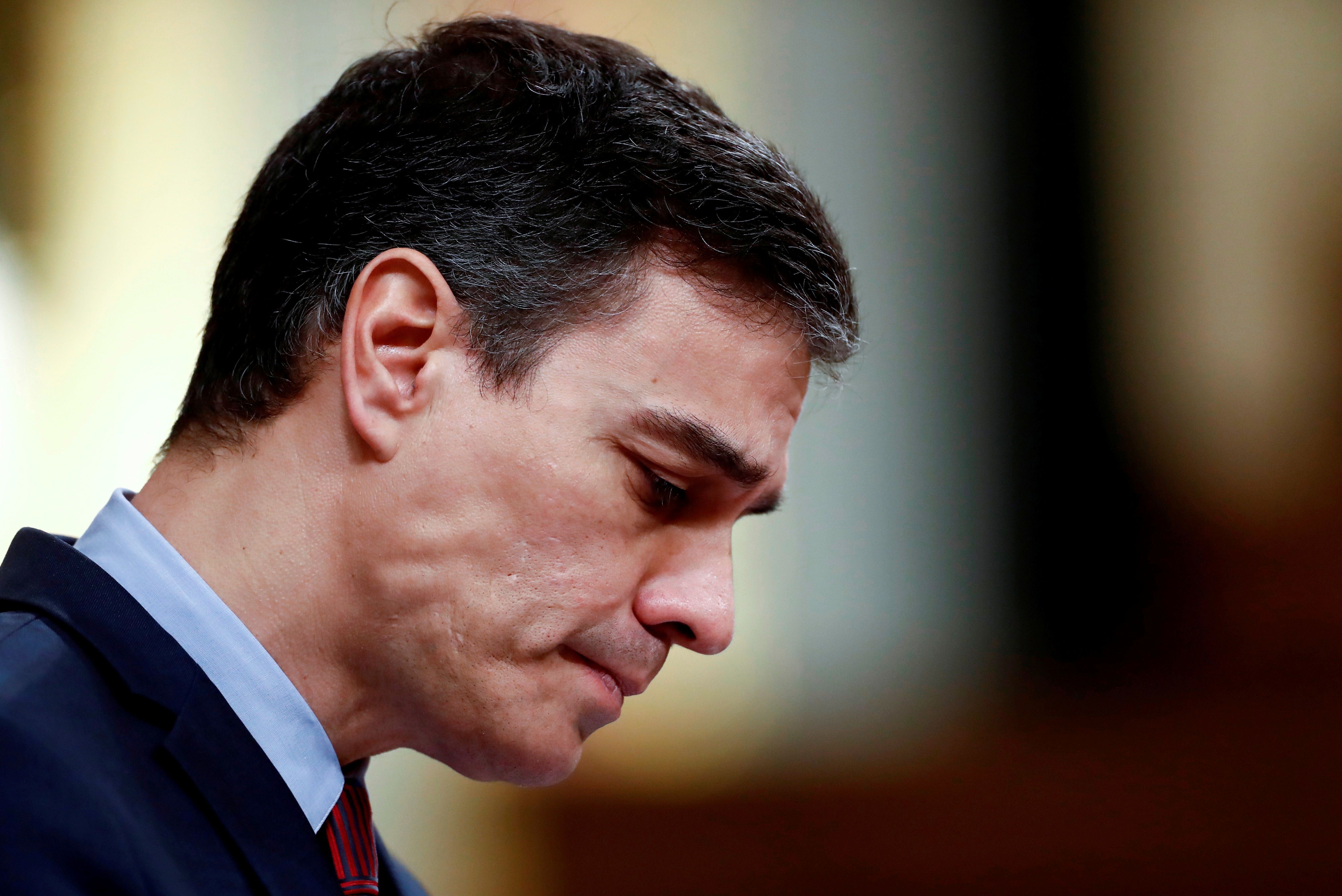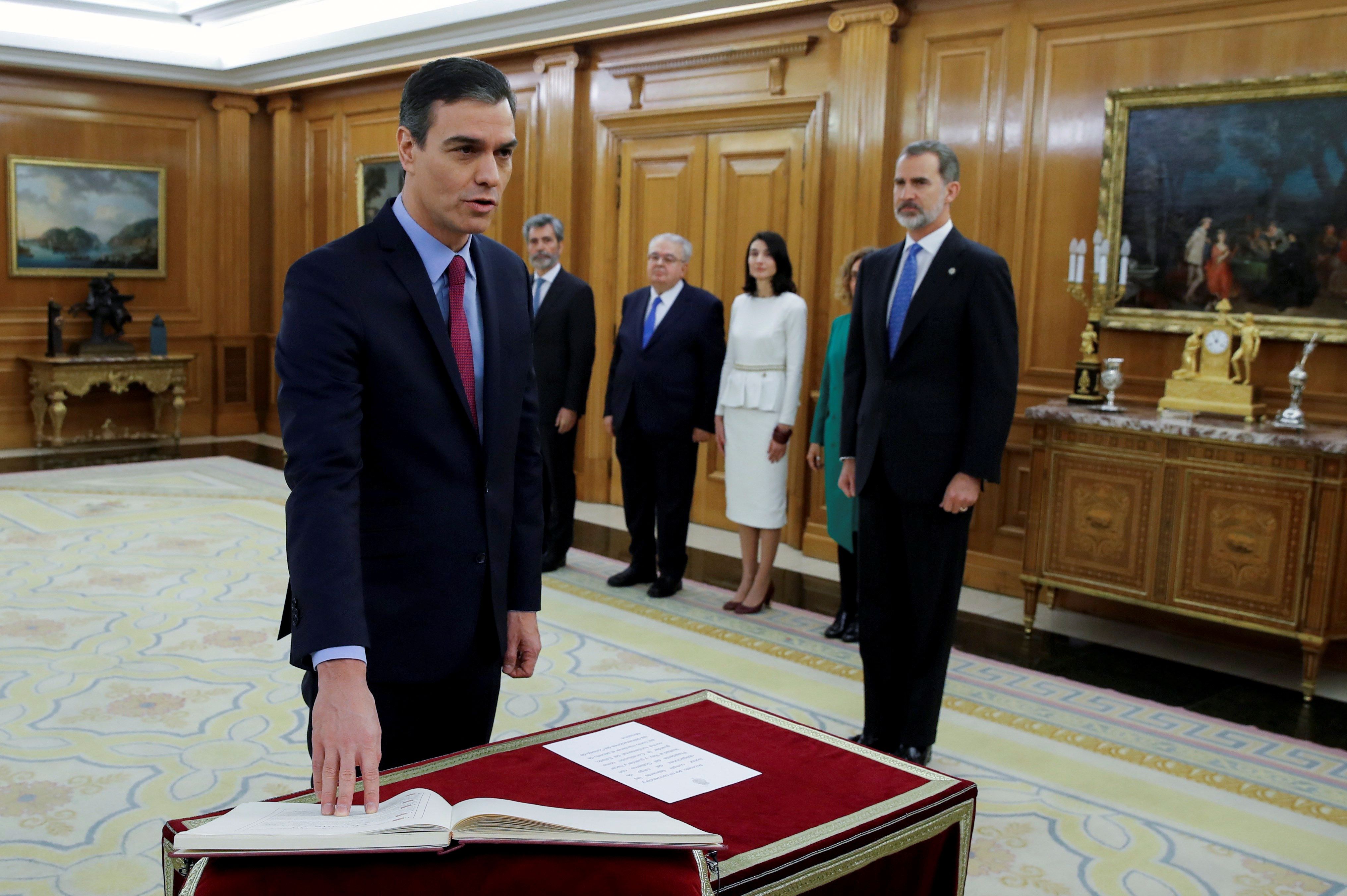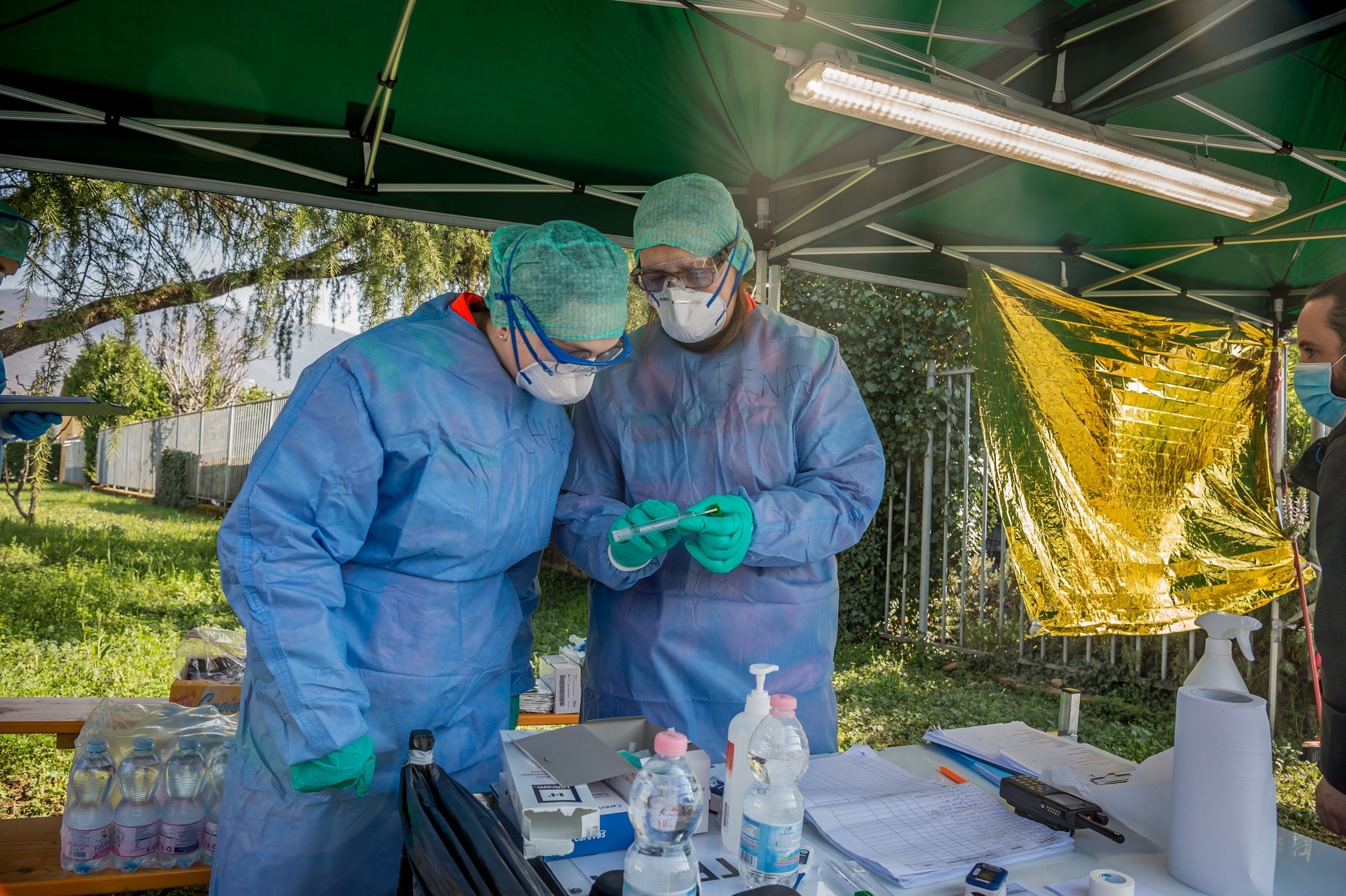Spain’s Fight against the Coronavirus

Crisis Management
In Spain, the number of people infected with the coronavirus (SARS-CoV-2) rapidly spread at the beginning of March. From the 1st to the 13th of March, the number of cases increased from 83 to 5,000. Among the suspected vectors were football matches with thousands of fans and nationwide demonstrations of feminists. At the latter in Madrid alone, there were 120,000 people, and in Barcelona, 50,000. When the number of infected surpassed 1,000 from the 9th to the 12th of March, the regional authorities of Madrid, Catalonia, Valencia, Basque Country, and La Rioja decided to close schools.
On 13 March, two days after the WHO declared the coronavirus a pandemic, the state government introduced a state of emergency. Under it, the government took control over the healthcare system from regional authorities and introduced restrictions on the movement of people, controlled by military and police patrols. Schools and restaurants all over the country were closed, demonstrations prohibited, and sports events postponed. The state of emergency also grants the government the right to regulate the distribution, and even to confiscate, goods (e.g., food). The government may also expropriate private factories, flats, or buildings as needed to counter the pandemic. With this power, on 19 March, the government closed hotels and to allocated them and sports areas to use as field hospitals because hospitals had been overrun with patients. Moreover, the government as of 30 March banned non-essential work outside the place of residence. The Spanish population structure also enhanced the spread of the pandemic—people age 60 or older comprise a high-risk group and amount to 25% of the population.
As of 8 April, Spain reported 148,000 infections, 14,800 deaths, and 48,000 had recovered. Also, the health minister announced the peak of the pandemic had come on 31 March and that the country was in a deceleration phase.
Economic Crisis
According to BBVA Bank’s revised forecasts for 2020, Spain’s GDP will decrease by 3.5–5% compared to 2019. Losses in the tourism sector, which generates 15% of GDP, is estimated to range from €16 billion to €56 billion. Moreover, since 12 March, 900,000 people have lost their jobs. Even before the pandemic, unemployment was 14%, but now it’s increasing because of changes in the labour law established by the government of the Peoples Party (PP) in 2012 that facilitated hiring employees on temporary contracts. Cancelling these contracts doesn’t require any notice period or redundancy payment.
The expected cost of the national rescue plan is €200 billion, of which €117 billion is to come from public funds and €83 billion from the private sector. The plan assumes support for companies to maintain liquidity by suspending the obligation to pay taxes and social security contributions and to provide them with state guarantees when applying for credit. To protect employment and maintain demand on the internal market, people who have lost income as a result of the pandemic have the right to unemployment benefits, suspension of payments, including mortgages, and exemption from fees for utilities. They can also apply for government micro-credit to pay rent on their apartments. Moreover, the government has prohibited cutting off water, electricity, or gas during the pandemic and pushing evictions to no sooner than 2024. The government also announced to establish soon a guaranteed income recommended by the International Monetary Fund. The Spanish government expects huge and quick aid from the EU. So far, the country has received an allocation of €11.2 billion in freed cohesion policy funds still unused within the 2014–2020 EU budget period. Spain will also receive some of the €800 million allocated under the solidarity fund to support countries affected by the pandemic. The “Marshall Plan” for the eurozone demanded by Sánchez assumes liberalised EU rules on budget discipline and the establishment of a European fund to counter unemployment. It also will involve the European Investment Bank in financing investments in the countries most affected by the pandemic. The Spanish government also supports Italian demands to issue “coronabonds” to cover the costs of the fight with the pandemic and to activate aid for Southern European countries through the European Stability Mechanism. The European Commission (EC) has indicated it will accept some increases in the budget deficits of eurozone countries in 2020 and offered to establish a financial instrument it calls SURE in the amount of €100 billion to finance the maintenance of employment in all EU Member States. This solution requires the Member States to apply to the EC to back a loan for subsidising jobs at risk of redundancy. Moreover, the European Central Bank will allocate €750 billion to buy government and corporate bonds. However, the eurozone countries are split over the “coronabonds” idea. It is supported by France, Portugal, Ireland, Greece, Slovenia, Luxembourg, Belgium, the Baltic States, and Slovakia, but Germany, Holland, Austria and Finland are against it.
The Internal Political Debate
Spanish society is divided on its assessment of the government, which is composed of the Spanish Socialist Workers Party (PSOE) and Unidas Podemos (UP). Moreover, some in the opposition are using the pandemic for political purposes. According to polls from 20 March, 36% of citizens evaluate the government’s actions as positive and 34% as negative. On the one hand, its anti-crisis strategy is supported by the majority of regional parties and by the opposition liberal party Ciudadanos. But on the other hand, the centre-right PP and the conservative Vox criticise the government for belatedly introducing the state of emergency and failure to secure enough medical equipment. Both parties advocate for a permanent tax reduction for companies. Vox also demands that Sánchez step down as PM and the government force the expulsion of all irregular migrants from Spain, and further, that any who used healthcare resources to treat COVID-19 pay the country back for their treatment. The Catalan separatists propose a border between their region and the rest of Spain to decelerate the spread of the virus, which in the bigger picture is meant to decrease Catalan dependence on Spain and increase support for independence among the region’s inhabitants. However, according to polls from 20 March, the majority of Catalans perceive the region’s politicians negatively and are against secession, similar to polling from July 2019.
Conclusions
Politically, the pandemic raises the opportunity for the ruling PSOE to strengthen its position by absorbing the UP electorate, which appreciates the government’s socio-economic policy. The current situation also shows that in these extraordinary circumstances the government may cooperate with Ciudadanos instead of the Catalan separatists. Simultaneously, the regional authorities’ ineffective actions compared to the relatively strong government decisions in the fight against the pandemic may weaken the separatist trends in Catalonia. However, if the government makes mistakes in its crisis management in the coming months, the support for PP and Vox will increase.
Sánchez’s national plan is similar to actions taken by other EU Member States. His demands in European policy are supported by the majority of eurozone countries. However, the Member States with comparatively low public debt do not want to finance countries that are not fiscally disciplined. The fight with the economic crisis after the pandemic will require a compromise between these two sides.
Poland is not a eurozone member so it will not be a direct beneficiary of Sánchez’s concepts. Moreover, the costs of his ideas may force some EU Member States to support a reduction in the next EU budget, which, in turn, would mean fewer funds allocated to Poland, especially in the key areas of cohesion policy and common agricultural policy. For this reason, Poland is more interested in promoting anti-crisis actions at the all-EU level, such as the SURE finance instrument.





